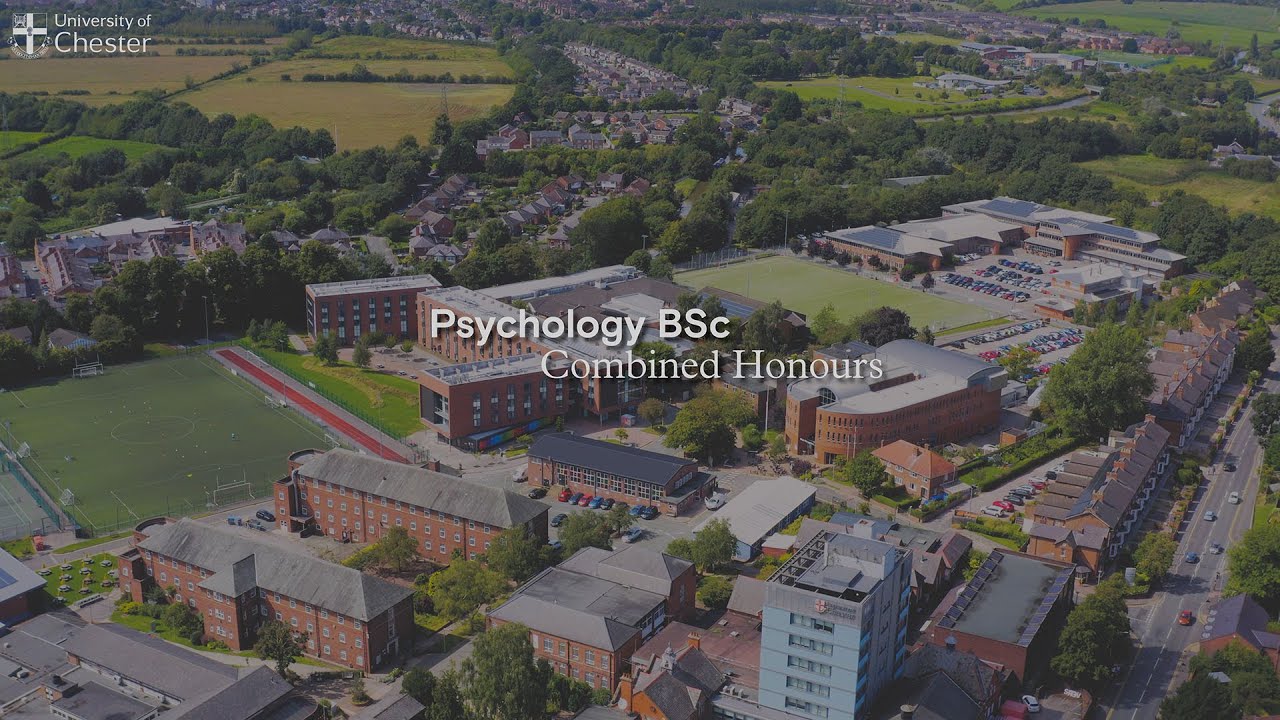112UCAS Points
|
UCAS Tariff |
112 points |
|
GCE A Level |
Please Note: There are two entry cohorts to this programme. Entry Cohort 1: Students will be expected to hold GCE A Level Spanish, or AS Level Spanish, or equivalent (e.g. IB Spanish grade 4) Entry Cohort 2: Students with no previous knowledge, or only a basic knowledge (up to GCSE level), of Spanish will be considered, providing they have GCSE grade C/4 in a language (can include Welsh). Typical offer – BCC/BBC |
|
BTEC |
Pearson BTEC Level 3 National Extended Diploma (first teaching from September 2016): DDM Plus A-Level Spanish for entry cohort 1 (post A-level), or a GCSE in a modern foreign language for entry cohort 2 (beginners' route). |
|
International Baccalaureate |
28 points - To include 5 in a HL Spanish for post A Level sets. Or a GCSE in language/s is required for cohort 2. |
|
Irish / Scottish Highers |
Leaving Certificate - Higher Level (Ireland) (first awarded in 2017) - H3 H3 H3 H3 H4 Scottish Highers - BBBB |
|
Access requirements |
Access to HE Diploma, to include 45 credits at level 3, of which 30 must be at Merit or above. Plus A-Level Spanish for entry cohort 1 (post A-level), or a GCSE in a modern foreign language for entry cohort 2 (beginners). |
|
T Level |
Merit, Plus A Level Spanish or equivalent for entry to cohort 1 (post A Level), or a GCSE in a Modern Foreign Language for entry to cohort 2 (beginners). |
|
OCR |
OCR Extended Diploma: DDM. Plus A Level Spanish or equivalent for entry to cohort 1 (post A Level), or a GCSE in a Modern Foreign Language for entry to cohort 3 (beginners) |
|
Extra Information |
Welsh Baccalaureate Advanced and A Level General Studies will be recognised in our offer. We will also consider a combination of A Levels and BTECs/OCRs. A GCSE grade C/4 (or above) in Mathematics and English is required. Please Note: We cannot consider GCSE equivalencies but can consider the Edge Hill University GCSE Equivalency Test. |
Students from countries outside the UK are expected to have entry qualifications roughly equivalent to UK A Level for undergraduate study and British Bachelor's degree (or equivalent) for postgraduate study. To help you to interpret these equivalents, please click on your country of residence to see the corresponding entry qualifications, along with information about your local representatives, events, information and contacts.
We accept a wide range of qualifications and consider all applications individually on merit. We may also consider appropriate work experience.
English Language Requirements
- IELTS Academic: Undergraduate: 6.0 (minimum 5.5 in each band)
- Postgraduate: 6.5 (minimum 5.5 in each band)
For more information on our entry requirements, please visit International Entry Requirements.







.jpg)




